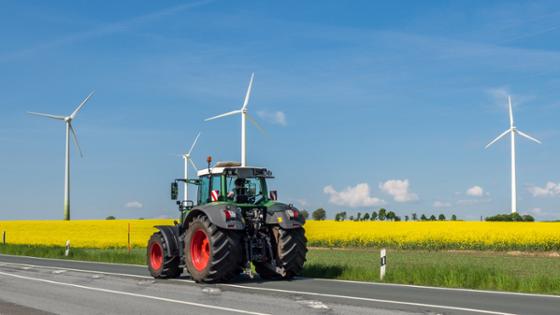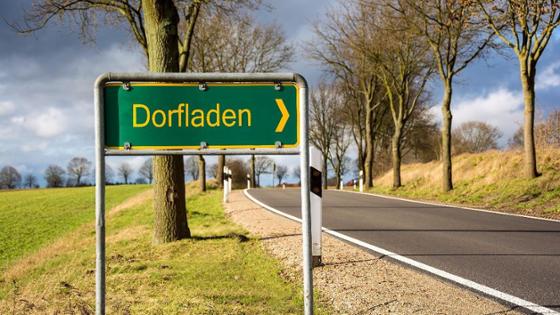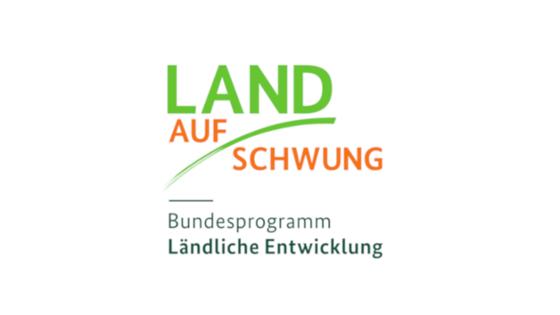The BMEL promotes voluntary service in the countryside
The joint project "Paid work strengthens voluntary work" of the Federal Ministry of Food and Agriculture (BMEL) and the German Association of Rural Districts (DLT – Deutscher Landkreistag) was launched in January 2020.
It will run under the "Action alliance for rural life". In this model project, the 18 participating rural districts will test how structures can be improved for strengthening voluntary work.
Voluntary workers are faced with challenges
Vibrant associations, initiatives led by voluntary workers and civic engagement are important reasons why people choose to live and stay in rural areas. This includes sports clubs and singing associations as well as the voluntary fire brigade. In addition to this, volunteers take charge of local basic services in many areas, thus complementing public services.
At the beginning of July 2019, the Commission for “Equal Living Conditions” submitted a report that regarded voluntary engagement dedicated to public welfare as playing an important role in promoting social cohesion.
Voluntary work in the countryside is faced with major challenges: the lack of young people, increasing bureaucratic requirements and a decreasing willingness to be continuously involved within the given voluntary structures hamper the work of associations and initiatives and make the civic commitment of individuals more difficult.
For this reason, the Federal Ministry of Food and Agriculture (BMEL) has made the strengthening of voluntary work one of its priority issues in the development of rural areas. The BMEL is thereby taking up a key demand voiced by experts and stakeholders, who have for a long time been asking for structures with paid staff to be created to support voluntary and civic commitment.
The “Paid work strengthens voluntary work” project supports rural districts
The “Paid work strengthens voluntary work” collaborative project was launched in January 2020 in 18 rural districts. It was initiated jointly by the BMEL and the German Association of Rural Districts (DLT) under the “Action alliance for rural life”. This collaborative project will run until 2023 and serve as a model testing ground for determining how sustainable structures for strengthening volunteer work can be established and improved at district level.
The project will examine what organisational forms and structures have been tried and tested under various different regional conditions in order to support committed individuals in their voluntary work, for instance through information, advisory services, training and networking?
The focus may, for example, be on measures aimed at:
- recruiting young people for associations;
- engaging elderly people in voluntary work; or
- using digital technologies to facilitate voluntary work.
The goal: to learn lessons for practice and policies
The German Association of Rural Districts is responsible for coordinating this collaborative project under the Federal Rural Development Scheme (BULE). Based on lessons learned, a practical guideline is to be developed by the cooperation partners under the coordination of the DLT. This guideline is intended to help other rural districts to create or continue to develop structures with paid staff that help strengthen voluntary work. The guideline is intended to highlight transferable strategies for the strengthening of voluntary work. The experience and knowledge gained from this project will be incorporated in the BMEL’s work on voluntary work.
Under the “Paid work strengthens voluntary work” project, the selected rural districts will receive up to 150,000 euro annually for three years from the Federal Rural Development Scheme (BULE). The Federal Agency for Agriculture and Food (BLE) will support the cooperation partners in organising the project.
The project will be carried out in cooperation with the following partners: Deutscher Landkreistag e.V. and the rural districts of Ahrweiler, Bodenseekreis, Burgenlandkreis, Emsland, Erzgebirgskreis, Euskirchen, Göttingen, Höxter, Ludwigslust-Parchim, Oberspreewald-Lausitz, Regensburg, Rendsburg-Eckernförde, St. Wendel, Trier-Saarburg, Uckermark, Vorpommern-Greifwald, Waldeck-Frankenberg, Weimarer-Land.







